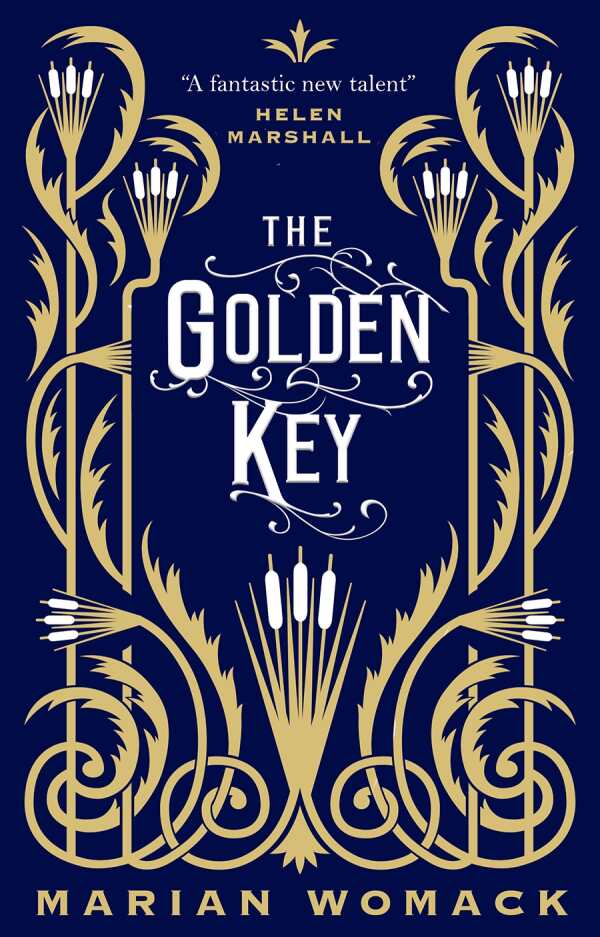The Golden Key
Amid the phantasmagorical developments of Marian Womack’s The Golden Key, which include spiritualism, changelings, and cracked doors between worlds, a parable against privilege arises.
At the turn of the twentieth century, three sisters disappeared on the moors. Sam, a boy with no memories who fears the fogs along the fen, entered their stepmother’s life thereafter; he was absorbed into her moneyed circle. Twenty years later, Lady Matthews wants definitive answers about what happened to her girls; she enlists Helena, an investigator who’s tied to spiritualists, to find them.
Helena occupies a liminal space: her lineage includes both gentry and Roma; she studied medicine but is approached most often as a medium. She is fine with being misunderstood if it gives her the cover to solve her cases, most of which involve missing children.
Helena believes in science, not magic. She employs careful reasoning to settle each suspicion, including around Sam’s connection to the girls. Her prying leads her toward answers that she’d rather not consider. Fairy lights dance through the marsh’s mist, tables levitate, and fungi lead to hallucinations, congealing to resemble loping men. To lay the mystery of the girls to rest, Helena is forced to entertain the inconceivable.
A second but amateur investigator, Eliza, helps Helena along, chipping away at her reluctance to believe and pointing toward the spots where the worlds of the fey bleed over. Eliza’s past, and Sam’s recent mistakes, are entryways into discussions of equality and women’s autonomy; both have witnessed and enabled injustices. George MacDonald enters the story as a spirit guide, determined to warn seekers off from seductive realms.
If the worst happens in The Golden Key, it’s because wise women were not believed, or because those with too much power were given dangerous leeway. That lesson looms in the final, horrifying, and entrancing moments of this fairy tale with a twist.
Reviewed by
Michelle Anne Schingler
Disclosure: This article is not an endorsement, but a review. The publisher of this book provided free copies of the book to have their book reviewed by a professional reviewer. No fee was paid by the publisher for this review. Foreword Reviews only recommends books that we love. Foreword Magazine, Inc. is disclosing this in accordance with the Federal Trade Commission’s 16 CFR, Part 255.


